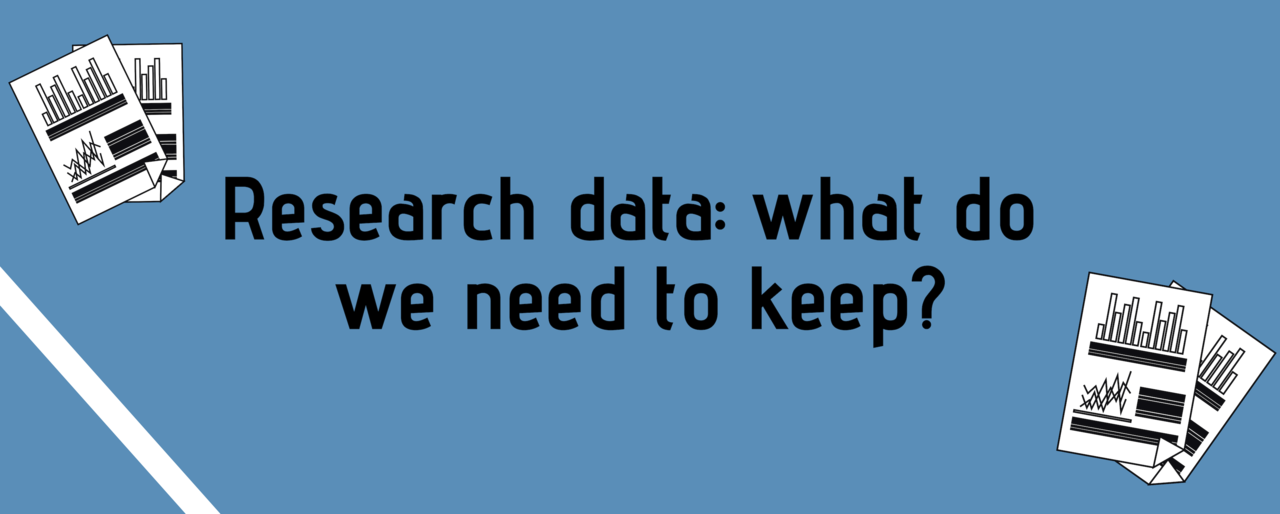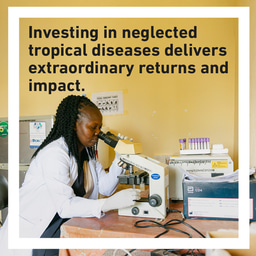
On 7 March 2019 JISC published a new report on research data practices titled “What to Keep”. The report aimed to provide new insights into what research data should be kept, stored and published (or deleted). The report was based on a review of existing documentation along with interviews and the development of case studies, and a stakeholder workshop was held in November 2018 to review draft recommendations and provide feedback.
As research data manager at Springer Nature, I participated in the feedback workshop for the report along with 20 other stakeholders representing funders, publishers, repositories and institutions. As a trained archivist I have a strong interest in decision making and workflows around what should be kept (which archivists refer to as “appraisal”), and in particular how archival techniques can be applied to research data.
As storage costs for digital data continue to drop, it might not be obvious why we can’t just keep everything. But storing everything, forever, isn’t free – data that’s stored for reuse should have some kind of contextual information or metadata applied to it; digital preservation over the long-term is much more costly than just storage; and the complexity of research data (as well as the volume) is growing exponentially.
The “What to Keep” report makes 10 recommendations that could improve decision making around keeping research data. These recommendations acknowledge that research disciplines and communities can learn from each other, and that the utility of stored data is increased through curation and the application of metadata, and standards such as FAIR. The stakeholders who should lead the efforts to implement the recommendations are also suggested in the report, whether HE institutions, funders, JISC itself, or publishers.
Two publisher-specific recommendations are included: one which recommends that publishers require data access statements (data availability statements) which published articles, and another which recommends that funders and publishers work closely to align requirements for researchers and authors. You can read more about our approach to data availability statements on our research data policy page here.
The full “What to Keep” report is available here.




Please sign in or register for FREE
If you are a registered user on Research Communities by Springer Nature, please sign in